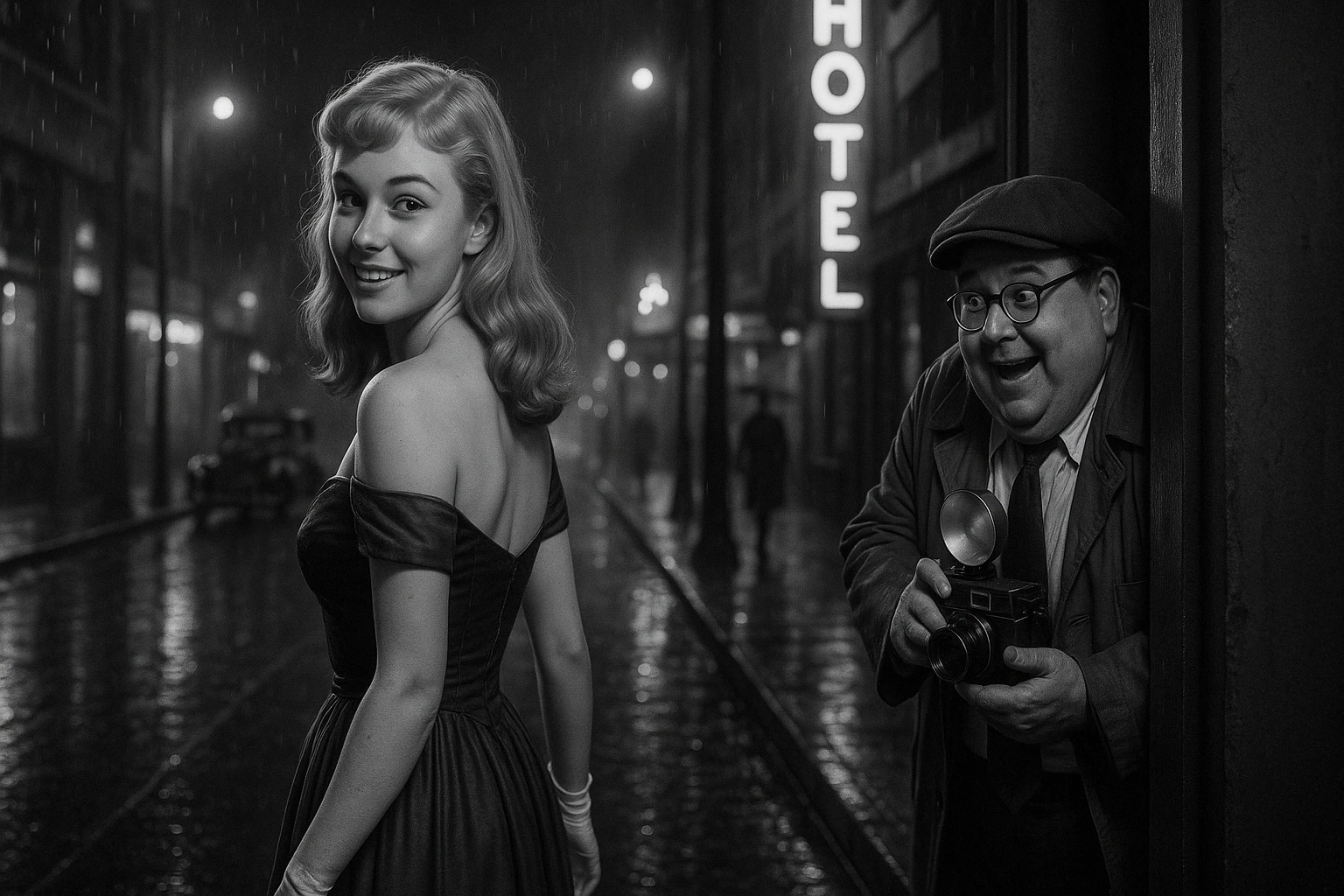As you will recall I decided to write a history book that is easy enough for any nine year old to understand. Becki, a distant cousin, is about nine. (History lesson 1) Becki wrote me back a nice letter about our forefathers. Here is my answer to her, along with lesson 2. Hi, Becki —
I am glad you liked your first history lesson.
An old friend of mine, Norman Klenman, read your “history” lesson and sent me the following —
It has some wonderful ideas and solid observations. You might want to have your mom or dad go through it with you.
World History – Lesson 2
Hey Jaron, writers have more fun than anyone, that’s obvious when one reads a Jaron wacky tale! Actually, a pretty good history of the imperial past. There is just one dent in it. They [the British] took education, the civil service, railway and telegraph communication to India, left it there when they were kicked out.
And now India is one of the world’s great democracies, a powerhouse economically, and so brilliant the U.S. farms out its maths, science and computer tech innovation to Indians. Hmmm…maybe that will be History lesson two?
History lesson three: About three years ago, when I was in England, I watched a BBC documentary on a remote village in the South African territories. There was to be a meeting of some kind that got natives present from all kinds of different distant backwoods regions.
Many were in native dress, and some chiefs of course in symbolic dress, though a suspicious number turned out in suits, shirts and ties, with polished shoes, and carrying spears!
There was only one bench and a table at the head of the open space. The natives all took their places seated on the ground. Three or four senior natives sat on the bench. They had a student scribbler pad and pens, and opened the pages. The chairman, presumably he was going to run the meeting, produced a gavel and rapped it.
There was silence. The head man directed the minutes be read. So help me god, the minutes were read, moved, seconded and approved. A native in full dress with an ivory ring in his nose stood up toward the back of the assembled people, and said: Mr. Chairman, I rise to a point of order. He spoke in a fine Oxford accent.
The chairman said he recognized the speaker, asked for his name and village for the minutes, and the speaker then dealt with a complex issue, namely water pipe installation by a district contractor, which had not been properly represented in the minutes.
This matter being dealt with, they went on to approve treasury expenditures and dealt with new business.
I was stunned. The British had been there, done their worst, ravaged the land, fought a stupid war against the Boers, left the place, even fought to support apartheid (some of them), and now what? A huge country with fine Brit traditions of public order, a civil service, parliamentary govt, the beginnings of education, expansion of trade, independence, and a new and burgeoning democracy.
Well, I don’t defend imperialism. But less three must be: Nothing is as simple as it first appears. Clichés abound in political thinking. The emptiest barrels make the most noise. There is some good in the worst people. After all, Hitler built the autobahn.
Tell the little girl to go on and get her education. Nothing else she ever does will do her as much good, or give her as much pleasure. I know an ex-Alberta writer who writes the most interesting columns in the nation and I wish they were carried by the National Post or the Globe and Mail. Anyway, he couldn’t have done them without a top level of education and creativity!
So Becky, your second history lesson is more important than the first one. Everyone has a different way of looking at the past. Be careful about believing anything about history. After all, Winston Churchill once wrote: “Of course history will be kind to me, I intend to write it.”
ASSIGNMENT: look at different world maps. Do you know how to tell which country printed them? Hint. It’s usually the country that positions itself in the center. Same way with history. The country that writes the history features its point of view.



